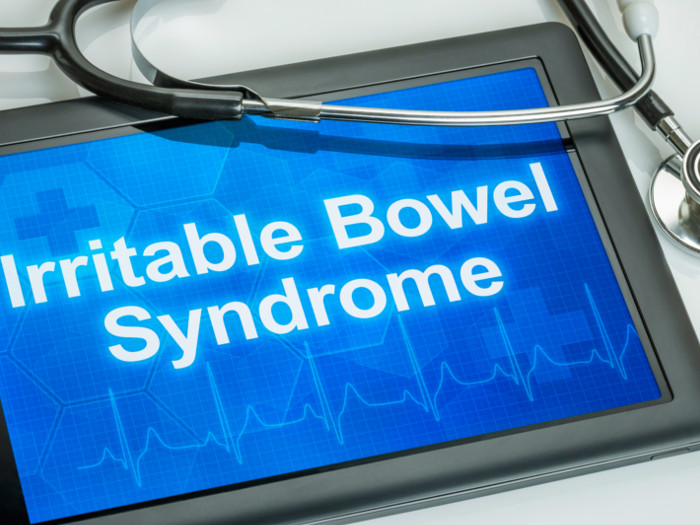Going on an IBS diet may be a wise decision if you are dealing with chronic inflammation of your gut and difficulty with your digestive system.
What is an IBS Diet?
An IBS diet is one of the multiple diets that can target the digestive system to treat the symptoms of IBS, identify trigger foods or eliminate specific foods that are causing you discomfort. While irritable bowel syndrome (IBS) is a very common condition, it can manifest in different forms and can be triggered by different things. Depending on your specific symptoms and foods habits, different IBS diets may be more or less beneficial. Most of these diets combine eliminating inflammatory foods, increasing nutrients for the gut, and using fiber to normalize digestion. [1]
Diets for IBS
The most common IBS diets include gluten-free diets, elimination diets, low-fat diets, high-fiber diets, and low-fiber diets.
High-Fiber Diet
Eating a high-fiber diet is often the best approach to relieving irritable bowel syndrome (IBS), as this can help to bulk up your stool, preventing constipation and promoting peristaltic motion, so that the digestion can occur normally. If this diet makes you bloated, try sticking to soluble fiber instead of insoluble fiber. This type of diet includes foods like vegetables, fruits, and whole grains. [2]

Irritable bowel syndrome (IBS) is a chronic disorder that causes abdominal pain. Photo Credit: Shutterstock
Gluten-Free Diet
An increasing number of people are being diagnosed with celiac disease and gluten intolerance all the time, and many of the symptoms are similar to IBS. If you eliminate gluten from your diet, including bread, crackers, pasta, wheat-based grains, and beer, among many other things, you can see your IBS symptoms quickly disappear. [3]
Low-Fiber Diet
While a high-fiber diet can soothe IBS, in s0me cases the problem is too much fiber, which can cause diarrhea or loose stools. One of the best approaches for this is to choose moderate amounts of soluble fiber found in fruits, rather than insoluble fiber. [4]
Elimination Diet
If you can’t determine what part of your diet is causing your gastrointestinal distress, eliminating a large number of your foods and then slowly reintroducing foods is a great way to identify your trigger foods. [5]
Low-Fat Diet
Diets that are high in fat are known to cause obesity and inflammation in the body, which can seriously affect the gut health, so cut down on your fats for a few weeks and see if the symptoms subside. [6]
IBS Diet Plan
If you aren’t sure about which diet you should choose, you can create a combination diet that is most effective. Be sure to speak with a nutritionist before embarking on an IBS diet, particularly if you haven’t been formally diagnosed with the condition.
IBS Diet Foods
There are a number of great foods if you are suffering from IBS, as well as plenty of foods that you should avoid.
Foods to Eat
- Veggies
- Oats
- Peanuts
- Unsweetened beverages
- Squash
- Fruits
- Zucchini
- Meat
- Chicken
- Fish
- Seeds
- Nuts
- Rice cakes
- Low-fat yogurt
Foods to Avoid
- Legumes
- Dairy products
- Gluten-containing foods
- Coffee
- Chocolate
- Processed and refined foods
- Alcohol
- Garlic and onions
- Spicy foods
- High-acidity fruits
Tips to Control Symptoms
- Take a regular diet.
- Don’t skip between meals.
- Limit your consumption of caffeine-rich beverages and alcohol.
- Drink lots of fluids.
- Add fresh fruits to your diet.
